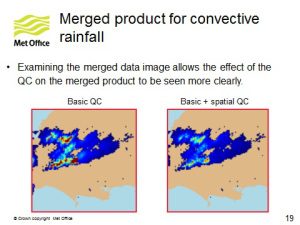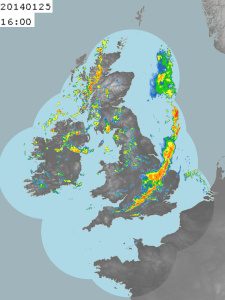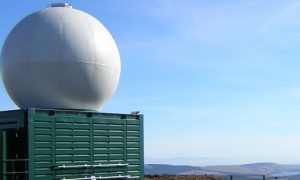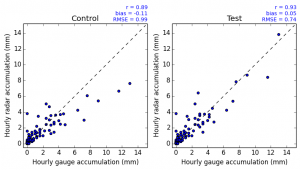
It’s nearly 70 years since Marshall and Palmer (1948) published their paper on the distribution of raindrops with size and the empirical scaling relationship equating the measured radar reflectivity, Z with the rainfall rate, R: Z= aRb. Since then, the relationship has been widely used to generate rainfall estimates from radar. With the roll-out of dual-polarisation to the UK radar network nearing completion, the Met Office is now making use of this new technology to improve radar rainfall estimates and supplement the Marshall–Palmer relationship.
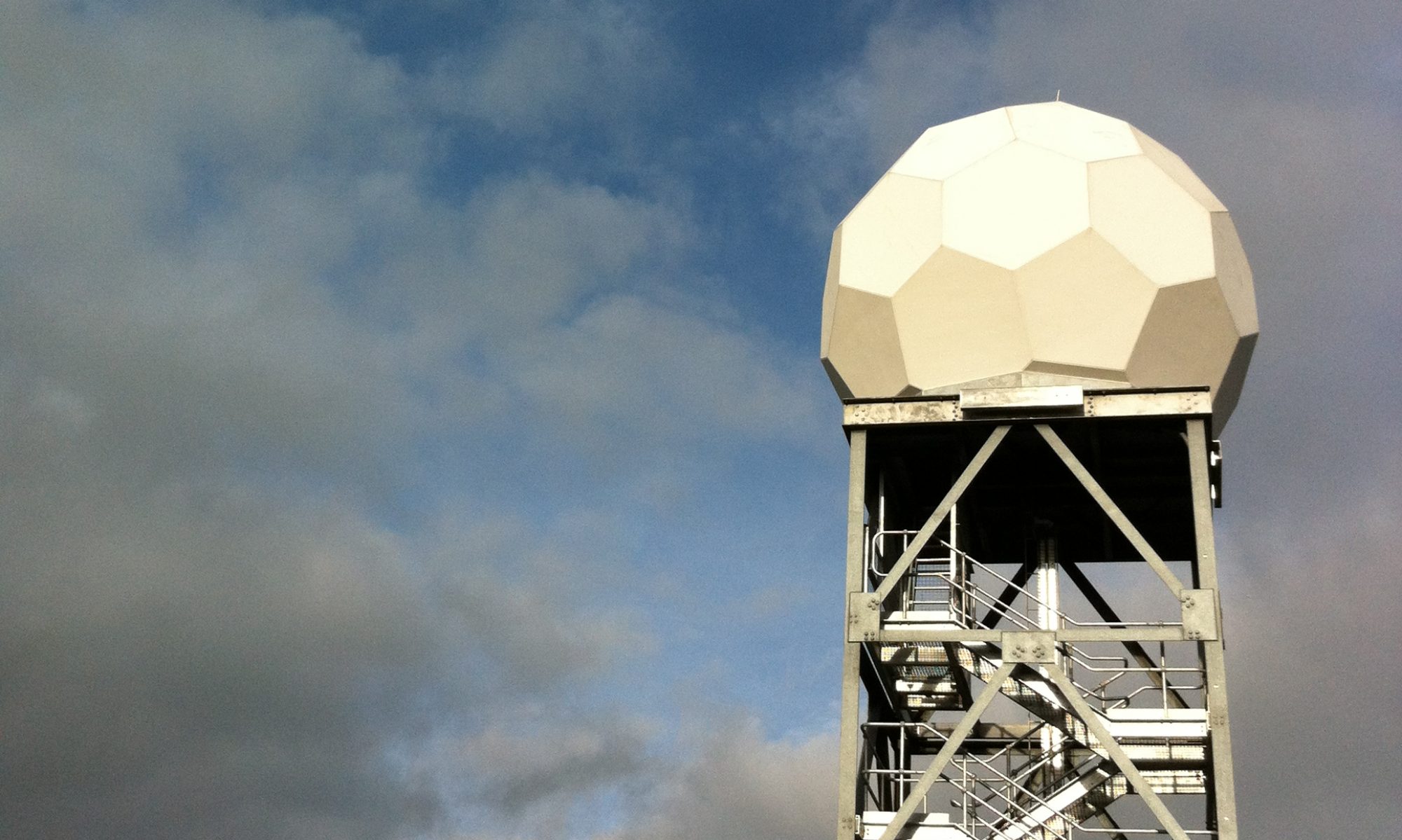

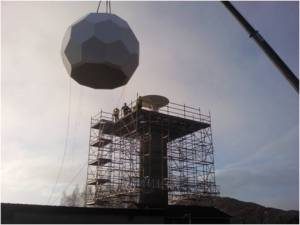
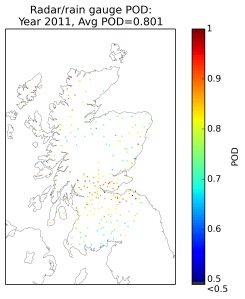
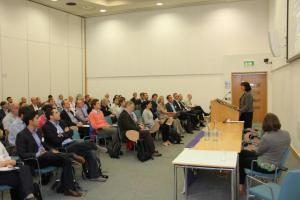
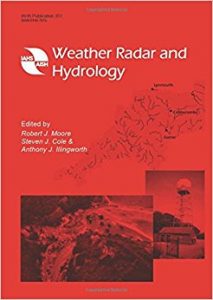 Weather Radar and Hydrology 2011 provided a forum for the exchange of experiences and ideas on the use of weather radar in hydrology with a particular emphasis on user applications for flood forecasting and water management. The full set of papers from the symposium, held at the University of Exeter in April 2011, are available through the
Weather Radar and Hydrology 2011 provided a forum for the exchange of experiences and ideas on the use of weather radar in hydrology with a particular emphasis on user applications for flood forecasting and water management. The full set of papers from the symposium, held at the University of Exeter in April 2011, are available through the 